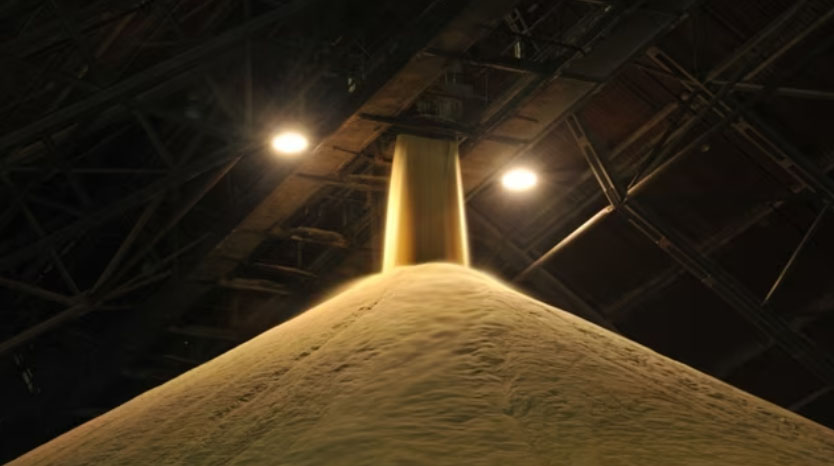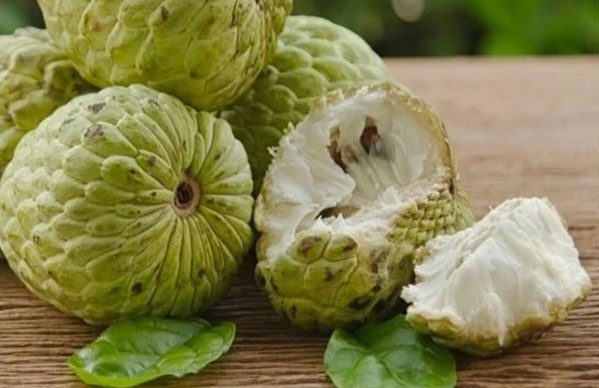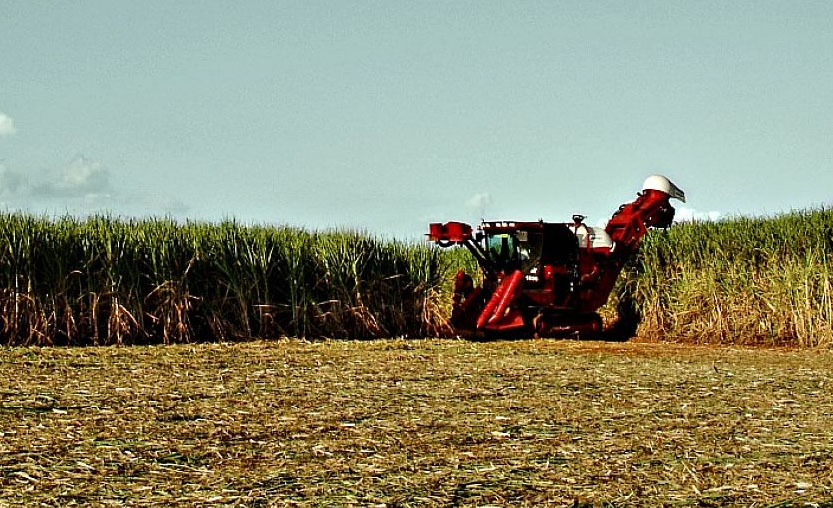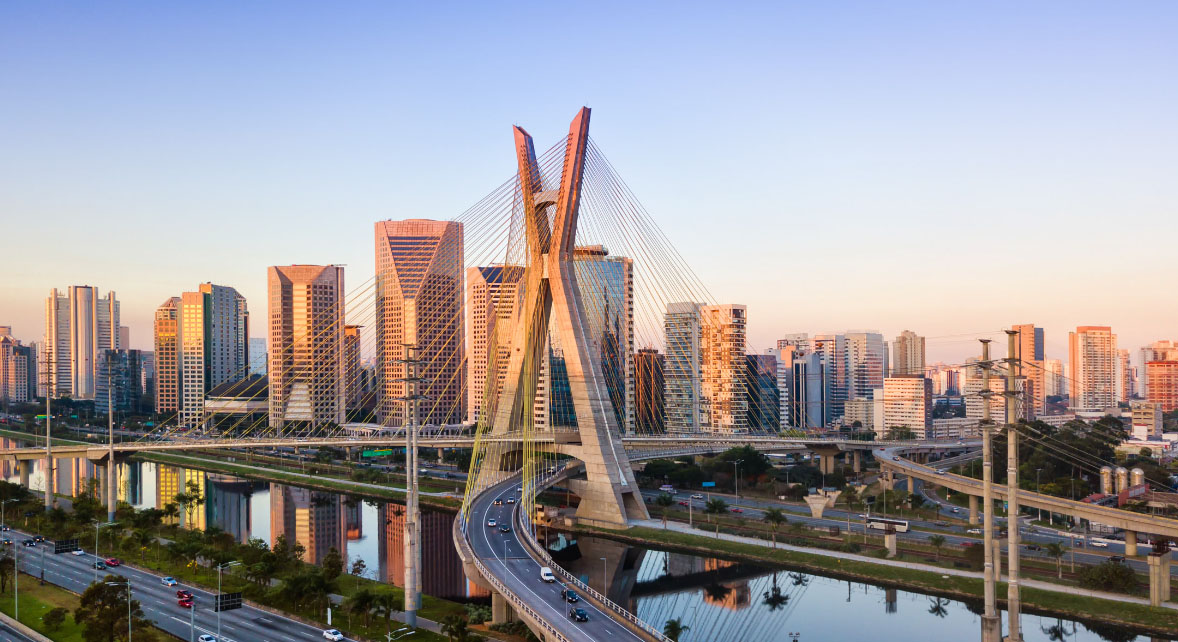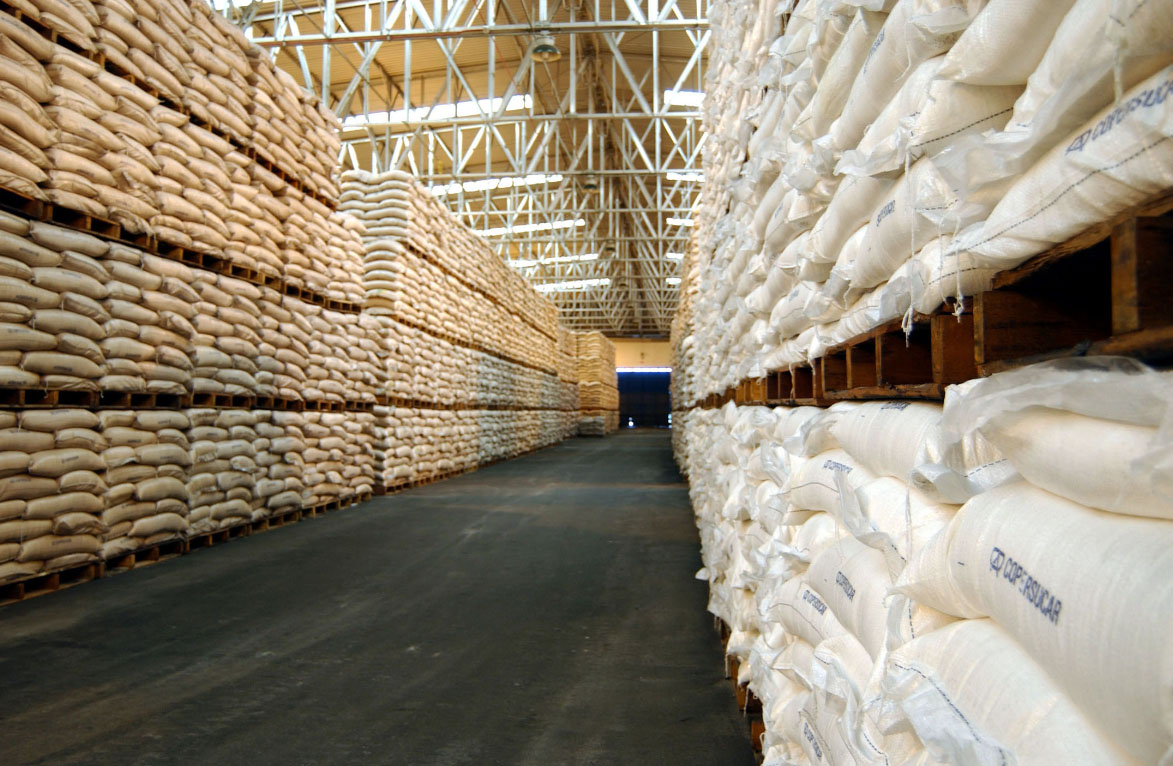Brazil,
with its vast sugarcane fields and a thriving sugar industry, stands as a
prominent global player in the production and exportation of sugar. In this
blog post, we’ll delve into the intricate world of sugar exports from Brazil,
understanding the country’s significance, the process involved, and the impact
of Brazilian sugar on the international market.
The
Significance of Brazilian Sugar
Brazil is a
heavyweight in the global sugar market, holding a significant share of both
production and exports. The country’s tropical climate, fertile soil, and
extensive sugarcane cultivation make it an ideal location for sugar production.
Brazilian sugar is renowned for its quality, sustainability, and versatility,
making it a preferred choice for consumers and industries worldwide.
Types of
Brazilian Sugar
Brazil
exports various types of sugar, catering to diverse market demands:
Raw Sugar:
This minimally processed sugar retains some molasses content, giving it a
golden color and a hint of caramel flavor. It is primarily used in the refining
process to produce other sugar types.
Refined
Sugar: Highly processed to remove impurities, refined sugar is popular for
everyday sweetening, baking, and confectionery.
Demerara
Sugar: A less-refined sugar with larger crystals and a natural golden hue,
often used in beverages and desserts.
Muscovado
Sugar: The least processed sugar, Muscovado retains its natural molasses
content, providing a rich, dark color and a distinctive flavor. It’s favored in
certain culinary applications.
The Sugar
Exportation Process
Exporting
sugar from Brazil involves several key steps:
Production:
Sugarcane is harvested, crushed, and processed to extract juice, which is then
refined and crystallized to produce sugar.
Quality
Control: Stringent quality control measures are implemented to ensure the sugar
meets international standards. This may include laboratory testing and compliance
with food safety regulations.
Packaging:
The sugar is packaged according to customer requirements, whether in bulk
containers, bags, or other packaging forms suitable for export.
Logistics:
Efficient logistics and transportation arrangements are made to move the sugar
from production facilities to ports for export.
Customs
Clearance: The sugar is subjected to customs clearance procedures at Brazilian
ports before being loaded onto ships for international destinations.
The Global
Impact
Brazilian
sugar plays a pivotal role in meeting global sugar demands. It is not only used
for direct consumption but also serves as a primary ingredient in industries
such as food and beverage, pharmaceuticals, and biofuels. As a reliable sugar
exporter, Brazil contributes significantly to the stability and availability of
sugar in the international market.
Conclusion
Sugar
exportation from Brazil showcases the country’s excellence in sugar production
and its essential role in the global market. Brazilian sugar, known for its
quality and versatility, continues to satisfy the world’s sweet tooth while
upholding sustainable and responsible practices. Whether you’re enjoying a
spoonful of sugar in your coffee or encountering it as a key ingredient in your
favorite foods and products, it’s likely that a taste of Brazil’s sweet
exportation journey is making its way into your life.

